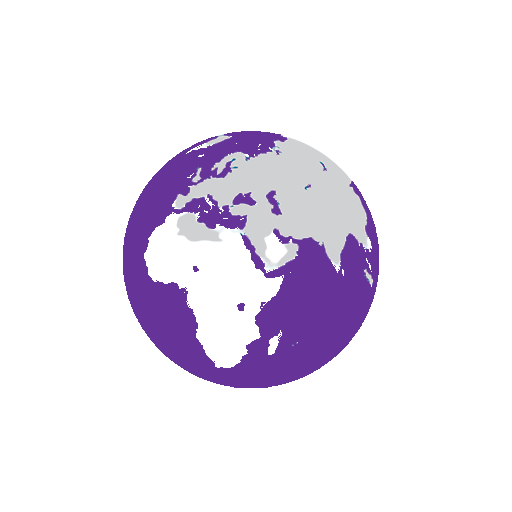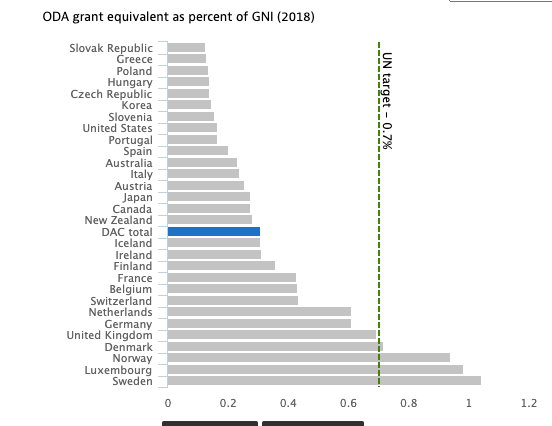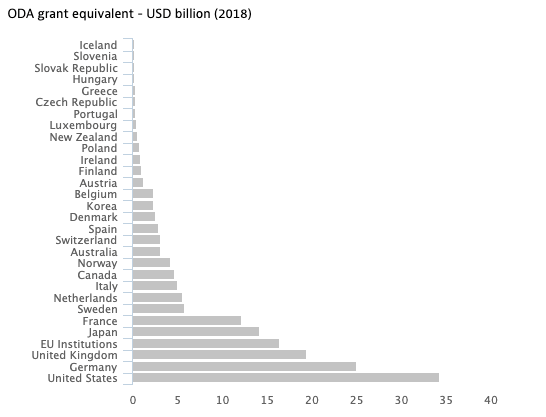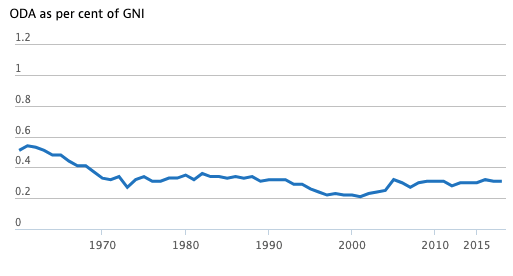International Development Assistance
Achieving the Abuja Declaration target of 15% GDP towards health is a significant signal of commitment by African States to fulfilling the right to health as a priority. That benchmark, however, does not suggest that the corresponding level of funding would be adequate to meet national health needs. International partners, cooperating and collaborating with Africa through Official Development Assistance – through bilateral agreements, or through multilateral contributions to mechanisms such as the Global Fund – are still critically necessary to supplement domestic investment in health.


READ MORE
Official Development Assistance (ODA) as percentage of GNI + against 0.7% DAC goal
in 1970, members of the Development Assistance Committee (DAC) – the leading international forum for bilateral providers of development cooperation; presently with a membership of 30 countries – agreed to set a target of 0.7% of Gross National Income (GNI) for Official Development Assistance (ODA). This target – GNI/ODA – has been repeatedly re-endorsed at the highest level at international development aid and development conferences. Over the past five decades, however, although there has been a general increase in the monetary value of ODA (as GNI of respective donors increases), there has been a net downturn in the proportion of aid, as a percentage of GNI. Only a few donor countries achieve the target of 0.7% of GNI to ODA.

READ MORE
Official Development Assistance (ODA) in value
Foreign aid from official donors totals hundreds of billions of US Dollars per year. In value, the United States is, significantly, the largest bilateral aid contributor, although this contribution is less than 0.3% of its GNI (2017/2018).

READ MORE
Official Development Assistance (ODA) trend
Targets and commitments to Official Development Assistance are not legally binding on donors. Contributions may fluctuate, sensitive to conditions in the external environment. ODA spent by donor countries on responding to refugees, war, and instability, for example, will place greater pressure on contributions to general ODA. Domestic pressure – either changes in political orientation towards more conservative foreign policy, or higher domestic budget requirements to respond to an emergency like COVID-19 – may negatively impact foreign aid contributions.
